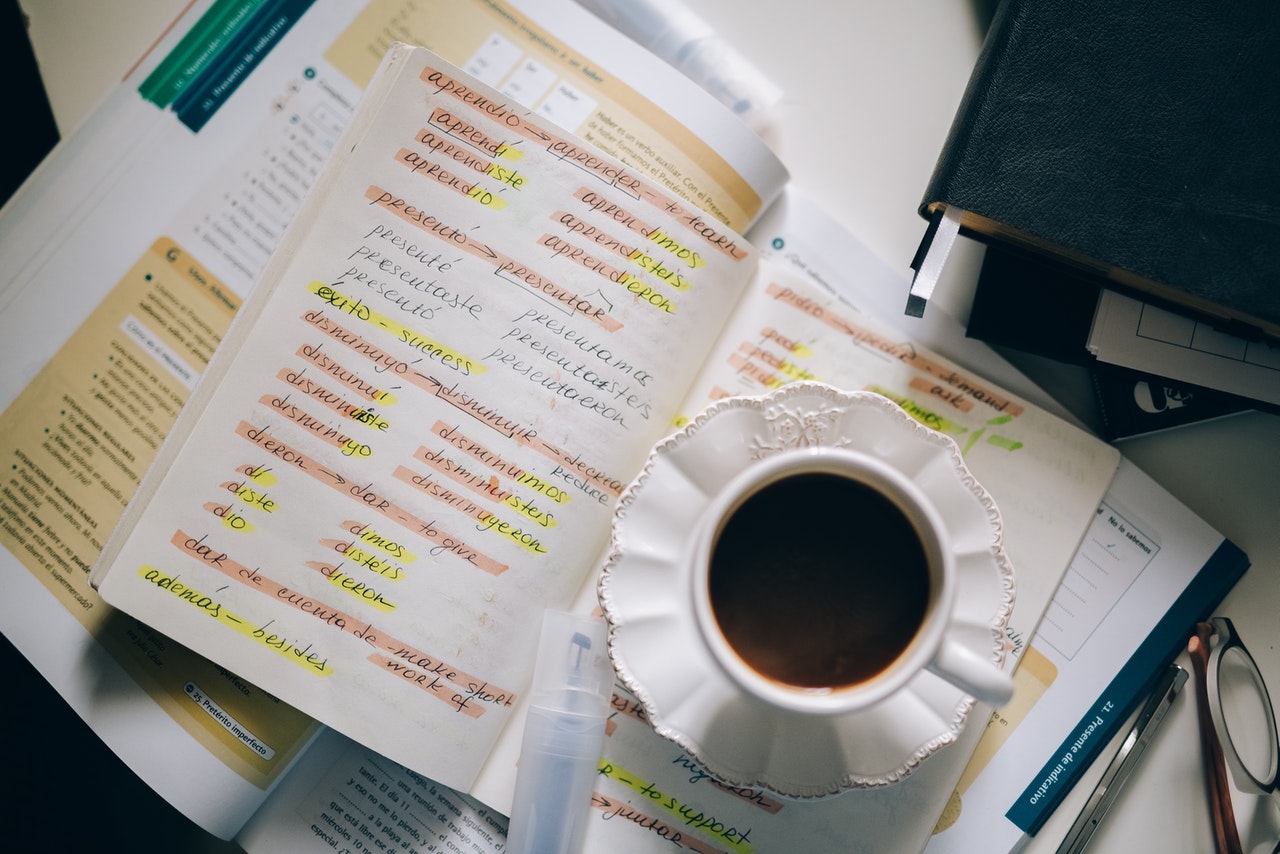Learning new languages can be pretty scary. Sometimes, students get discouraged because they have to memorize new vocabulary, understand different grammar, and try to speak an entirely foreign language without sounding embarrassing. In reality, improving your speaking skills and trying something new in general can be pretty fun!
There are some studies that show a connection between learning new skills and better academic performance. In other words, if you exercise your brain on a regular basis, you improve your attention span and get your grades up!
What Languages Are the Hardest to Learn?
Generally, there are four language groups that require different amounts of hours to study. You can address an essay writer service if you are swamped with assignments and have no time to memorize new vocabulary! These categories are divided based on how difficult it is for English-speaking pupils to study the languages. Let’s take a closer look at them:
- Group 1 (480 hours). It is considered an easy to learn group, including French, German, Italian, Spanish and some others;
- Group 2 (720 hours). This is the next level that calls for a little bit more effort for speaking Burmese, Greek, Hindi, Persian, and Urdu fluently;
- Group 3 (900 hours). This is a small group that includes Russian, Vietnamese, Czech, Finnish, Hebrew, and some others;
- Group 4 (1,500 hours and more). This is the most difficult category for English-speaking learners, as it includes Arabic, Chinese, Japanese, and Korean. As you can see, the writing of this group is based on hieroglyphics, so it’s much more challenging to master.

Even if you start classes in Group 3 or Group 4, don’t get discouraged! There are many tools that help students to remember new information, and here are 6 practical exercises to study foreign languages faster!
Put on Post-It Notes Around the House
As you start your studies, visual stimulation will definitely help. Choose a bright color for your notes so that they will catch your eye. Write down some new words and their translations. Once a week, you can add new words or rotate the notes around the house.
Another fun idea for this exercise is to sign the stuff around your house in a language that you are learning! Without a doubt, you will remember the Spanish word for ‘mirror’ if you stare at its translation at least twice a day!
Revise
Repeat new vocabulary every evening before bed. Not all exercises on this list are fun! You have to put in a lot of time and hard work if you want to learn something new. At the beginning of your lessons, try to remember everything that you memorized before, like a list of new words, or a fun new expression. Repeat it a couple of times before going to sleep!
Listen
Listen to foreign songs, go to karaoke, or write down missing words from song lyrics. This is an excellent exercise if you like singing! For example, if you learn Italian, try listening to the classic songs of Andrea Bocelli and read their translation. Soon, you will understand words out of a song and can try printing out the lyrics with the missing lines and fill them up yourself.
Put on Some Background Noise
Studies show that if students want to develop their speaking skills, they should listen to native speakers more. Sometimes, you just don’t have enough foreign friends to talk to every day. So put on a TV program, a movie, or a podcast in the background. You don’t even need to pay a lot of attention to it, just listen to the new sounds and rhythm of the native speakers!
Decode Sentences Into Your Mother Tongue
Okay, so this exercise is less fun and more about the actual studying. You have to take a single sentence and decipher it. In other words, you translate every word in a sentence and try to make the same phrase with the same meaning in your native tongue, so the words match up. This task might be challenging for beginners, but it’s excellent for building up a skill!

Communicate with Native Speakers
For instance, you can host a game night with a native speaker. Playing games is an easy way to learn something new. Maybe you have a foreign friend who will take part in your game night? There are a lot of activities that you can do together to have fun and to practice new words at the same time. For example, you can play charades, Pictionary, or any other game that uses a lot of vocabulary.
To Sum Up
So there you have it, some practical activities that will allow you to learn a new language faster. Also, you have to remember that studying is not always fun and games! Students need to show a lot of determination if they want to succeed.

